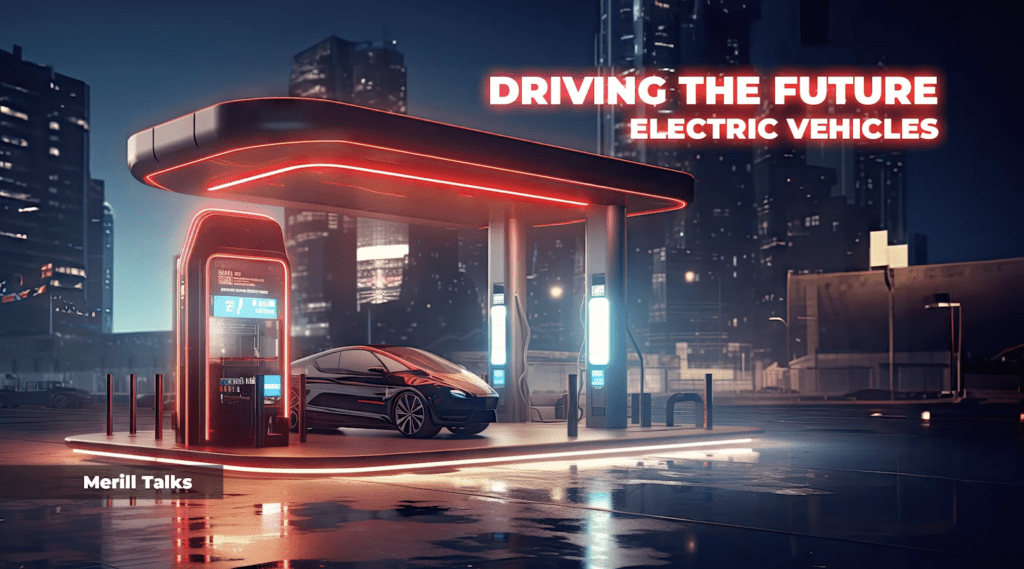
Electric vehicles (EVs) are at the forefront of automotive innovation, promising a greener and more sustainable future. These vehicles run on electricity stored in batteries, eliminating the need for traditional gasoline engines and reducing emissions that contribute to air pollution and climate change.
Innovations in Electric Vehicle Technology
- Battery Technology Advancements: Engineers are continuously improving battery efficiency, allowing EVs to travel longer distances on a single charge. Lithium-ion batteries, currently the standard, are becoming more powerful and cost-effective.
- Charging Infrastructure Expansion: Governments and private companies are investing in expanding charging networks globally. Fast-charging stations are being developed to reduce charging times significantly, making EVs more convenient for daily use.
- Performance and Design: EV manufacturers are focusing on enhancing vehicle performance, from acceleration to handling, to rival traditional cars. Sleek designs and luxurious interiors are also becoming common, appealing to a wider audience.
Challenges Facing Electric Vehicles
- Range Anxiety: Concerns about how far an EV can travel on a single charge persist among consumers. Although advancements are improving range, some potential buyers remain hesitant.
- Charging Infrastructure: While expanding, the charging infrastructure still lags behind the number of gas stations globally. Charging times and accessibility in rural areas remain significant challenges.
- Cost: The initial purchase price of EVs can be higher than traditional vehicles, primarily due to the cost of battery technology. However, lower operating and maintenance costs over time can offset this initial investment.
- Battery Recycling: As the demand for EVs grows, so does the need for sustainable battery disposal and recycling practices to minimize environmental impact.
Future Outlook
Despite challenges, the future looks promising for electric vehicles. Advancements in technology, coupled with increasing environmental regulations and consumer demand for cleaner transportation options, are driving innovation in the automotive industry. As EVs become more affordable, accessible, and reliable, they are expected to play a significant role in reducing greenhouse gas emissions and shaping the future of transportation worldwide.


